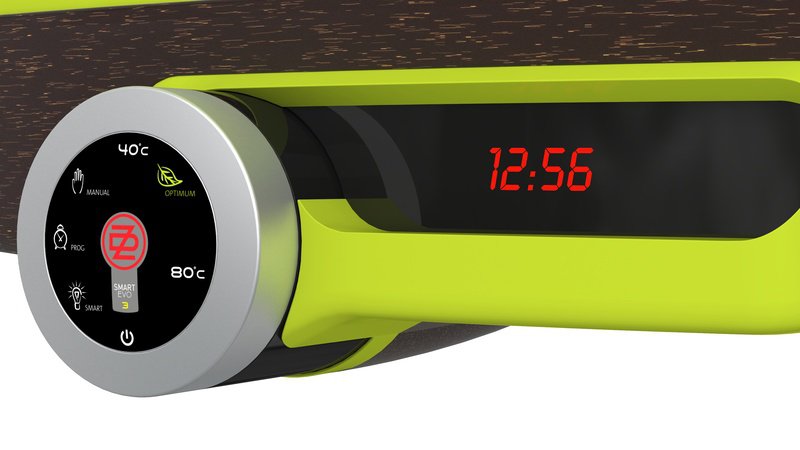Council Supports Revisions to Improve Adoption of Efficiency Standards for Consumer Products
- May 10, 2021
- John Harrison

At its May meeting, the Council approved a letter to the federal Department of Energy (DOE) in support of proposed administrative changes intended to improve the process of reviewing and adopting energy efficiency standards for electrical devices including consumer products and commercial equipment.
According to the letter, the DOE proposal would restore long-standing and well-accepted practices by DOE and its constituents to improve the energy efficiency of appliances and other consumer and industrial products. In its letter, the Council wrote that the proposed revisions to practices that DOE adopted in February 2020 would remove obstacles and help enable a more effective review of standards and test procedures.
The Council has participated in federal efforts to improve energy efficiency for decades as part of its work to improve the efficiency of electricity use in the Northwest. The DOE published the proposed changes in a notice in the Federal Register on April 12, inviting comments.
In addition to expressing general support for the seven changes proposed by DOE, the Council offered these specific comments:
- While the February 2020 changes aimed to create a consistent and predictable process for setting standards, they actually introduced inefficiencies and obstacles for DOE to meet its statutory deadlines and requirements. The Council supports DOE’s proposal to restore the flexibility that the agency had since 1996.
- In the 2020 changes, DOE established a numerical threshold for determining when the “significant conservation of energy” criterion is met for a proposed standard. At the time, the Council opposed this change as being inconsistent with federal law, and now supports DOE’s proposal to return to the wholistic approach of using multiple criteria for determining if a standard should be set or modified.
- The Council supports the proposal to remove a comparative analysis of the burdens and benefits of an efficiency measure to the burdens and benefits of a baseline case when determining the maximum improvement in energy efficiency that is technologically feasible and economically justified. The Council’s primary concern with the 2020 change was that the requirement to conduct a comparative analysis may have an adverse impact on DOE’s process for determining economic justification.
- The 2020 changes require adoption, without modification, of industry standards as test procedures unless they do not meet federal law requirements. At the time, DOE said the change was intended to clarify and codify the agency’s established practice. The Council did not support this revision for a number of reasons including that DOE’s past practice of using industry standards as test procedures as often as it could, and modifying or adjusting the standard as necessary, worked well. The Council supports DOE’s proposal to now provide explicit language stating that DOE may make modifications to the industry test standards as necessary to ensure the standards comply with federal law.
- The 2020 changes required a 180-day period between finalization of a test procedure rulemaking and issuing a notice of proposed change. At the time, the Council disagreed with the fixed 180-day period and recommend DOE retain the flexibility to issue proposed rules less than 180 days after finalizing test procedures when appropriate to meet the statutory deadlines for developing and reviewing standards and to respond to the circumstances of a particular rulemaking. Consequently, the Council supports DOE’s proposal to remove the required 180-day period and revert to the guidance used since 1996.
- Since 2007 the DOE has had the authority to issue a “direct final rule” to establish energy conservation standards for a covered product or equipment upon receipt of a joint proposal from a representative group of “interested persons...” In 2020, DOE changed this to require additional steps including that such proposals identify a separate rulemaking authority. The Council agrees with DOE that this change added unnecessary time and complexity and should be eliminated.
- The 2020 changes created new procedures for the agency when using negotiated rulemaking. The changes reduced DOE’s flexibility and discretion about when to use such services. The Council strongly supports the continued use of negotiated rulemaking in appropriate circumstances and also supports DOE’s proposal to restore agency discretion by eliminating the 2020 changes to negotiated rulemaking.



